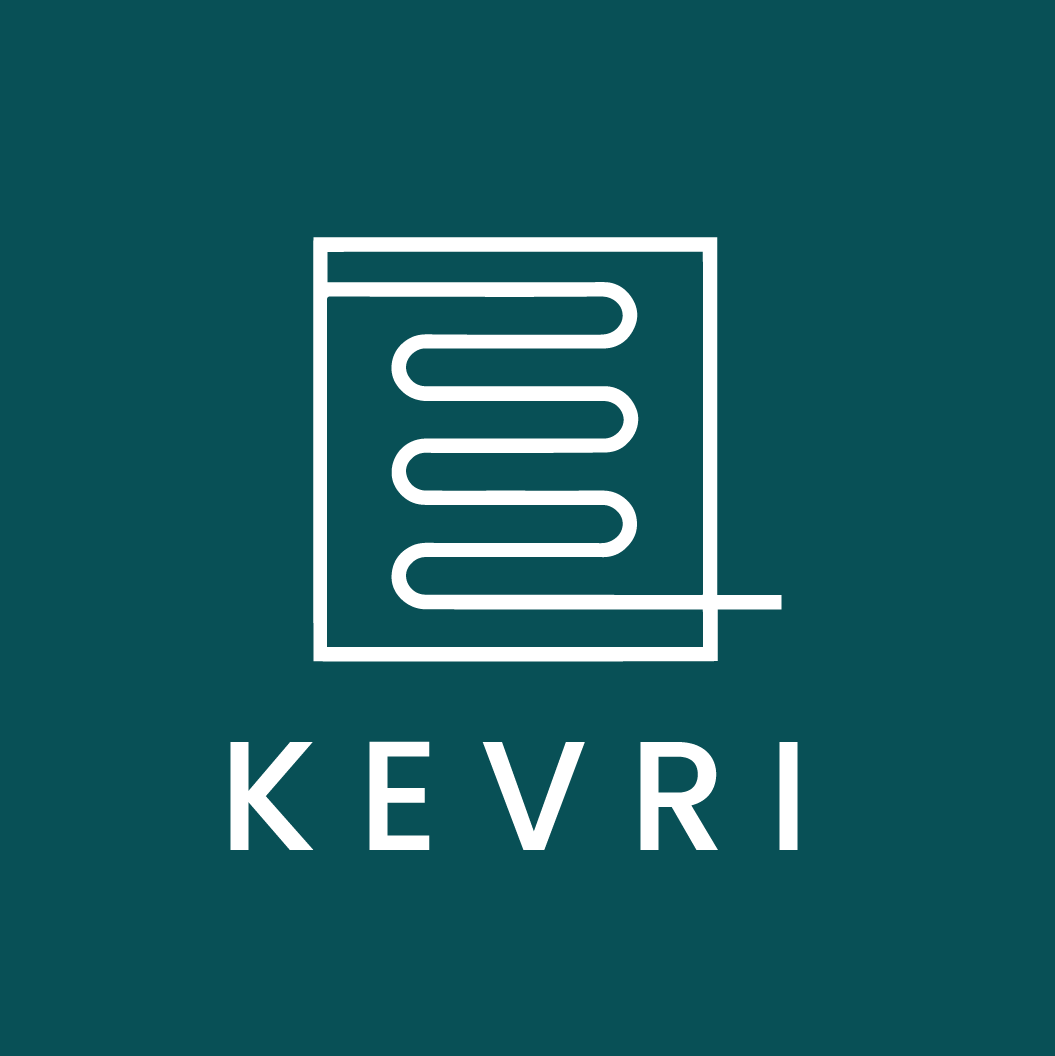What is the Knowledge Exchange Concordat (KEC)?
Once you've understood the KEF, next is the KEC and its 8 guiding principles!

If you've wrapped your head around Knowledge Exchange and the Knowledge Exchange Framework (KEF). You may be wondering- what's next step for Knowledge Exchange success?
For us, it’s the Knowledge Exchange Concordat (KEC)!
Known as KEC for short, this concordat is a series of eight high-level principles and supporting enablers that aim to influence and trigger impactful Knowledge Exchange activities.
These principles and enablers have been implemented and overseen by Guild HE, National Centre for Universities and Business, Research England and Universities UK- so they definitley have the potential to maximise the impact of your community and business engagement!
According to the Research England Director of Knowledge Exchange Alice Frost, and Keele University Vice-Chancellor Professor Trevor McMillan, the KEC is also all about showcasing your community and business engagements.
As they state, ‘’The Knowledge Exchange Framework (KEF) provides the metrics that allow us to better understand our performance and a Knowledge Exchange Concordat (KEC) allows us to explain what we do, how we do it and what steps we are taking to get better at knowledge exchange.
‘’... we hope that the KEC can play a role for all universities in framing the way they engage with external partners.’’
What are the 8 KEC guiding principles?
At KEVRI, we view these eight guiding principles as great ingredients for Knowledge Exchange success:
🧭 Principle 1: Mission
"Clarity of mission is essential for efficient and effective KE. Staff, students and external organisations need to understand the aims and priorities of the institution’s senior leaders and governors in relation to the whole range of KE activities undertaken by the institution.’’
🧭 Principle 2: Policies
"A well-defined set of relevant policies ensures that all parties engaged in KE have a good mutual understanding of how the institution values KE activity.’’
🧭 Principle 3: Engagement
"Build effective relationships by having clear routes to access information and expertise in the university with engagement mechanisms and policies developed to suit the needs of a wide range of beneficiaries and partners working with institutions as publicly funded bodies.’’
🧭 Principle 4: Working Transparently and Ethically
''Make sure that partners and beneficiaries understand the ethical and charitable regulatory environments in which your institution operates, including a commitment to inclusivity and equality, and take steps to maximise the benefit to them within that context.’’
🧭 Principle 5: Capacity building
''Ensure that your staff and students are developed and trained appropriately to understand and undertake their roles and responsibilities in the delivery of successful KE.’’
🧭 Principle 6: Recognition and Rewards
"Recognise and reward the achievements of staff and students who perform high quality KE activities.’’
🧭 Principle 7: Continuous Improvement
"Proactively strive to share best practice with your peers and have established processes for learning from this.’’
🧭 Principle 8: Evaluating success
"Undertake regular institutional and collective monitoring and review your strengthening KE performance using this concordat and through regional, national or international benchmarks to inform the development and execution of a programme of continuous improvement so that KE becomes more effective.’’
Don't forget, the KEC is not a checklist!

Remember, as Frost and Macmillian state, ‘’The aim of the KEC is to provide a framework – definitely NOT a checklist.’’
So ensure you use the KEC as a guideline to your Knowledge Exchange activities and have fun with these principles- the more engaging your activity is, the more engagement!
For further information about the Knowledge Exchange Concordat, click here.
Or, to find out more about KEVRI and our approach to Knowledge Exchange in higher education, drop us an email at info@kevri.co.





